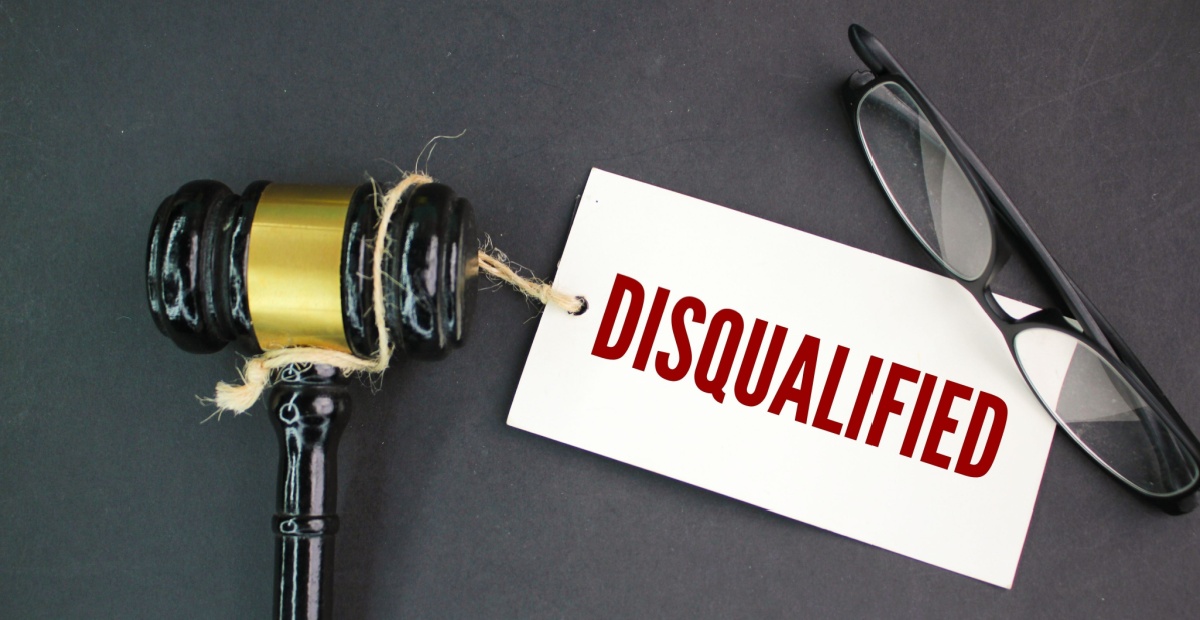APRA disqualifications prove FAR has teeth

The Australian Prudential Regulation Authority (APRA) has sent a clear message that the Financial Accountability Regime actually has teeth, initiating two lengthy disqualifications against former executives of the Xinja Bank.
The disqualifications will resonate with executives across entities regulated by APRA in circumstances where the FAR regime now applies to superannuation funds and was specifically mentioned by the regulator in this week’s letter to super platform trustees.
APRA announced that former Xinja Bank chief executive, Eric Wilson had been disqualified for eight years, while non-executive director, Craig Swanger, has been disqualified for 10 years.
Xinja is in liquidation after returning deposits and handing back its backing license in 2021.
APRA said the disqualifications followrf an extensive investigation into the impact that “side agreements” between Xinja and some of its investors had on Xinja’s capital position during 2020 and whether APRA was misled in relation to the bank’s capital position. APRA’s investigation commenced in May 2021 and the disqualifications have been subject to review processes.
APRA said that between May and August 2020, Xinja entered into agreements with three investors purporting to raise CET1 capital. CET1 capital is considered the highest quality of capital because it does not result in any repayment or distribution obligations on an institution.
It said Xinja represented to APRA that this capital was CET1 capital. However, the transactions involved Xinja entering into side agreements together with share subscription agreements with the investors. The side agreements contained additional terms that undermined the investments’ status as CET1 capital, in turn undermining APRA’s capital regime.
APRA determined the actions of Wilson and Swanger in relation to this matter breached the Banking Executive Accountability Regime, which was superseded by the FAR in March last year.
APRA sets requirements on ADIs’ minimum capital to ensure they can absorb unexpected losses in their business and to support financial system stability. It is a key pillar of APRA’s “unquestionably strong” capital requirements for Australian ADIs. Complying with laws and regulations governing capital raising and reporting is a key responsibility of accountable persons of ADIs.
Deputy Chair Margaret Cole said the disqualifications demonstrate that APRA is willing to impose serious consequences on accountable persons who fail to comply with their obligations.
“An accurate understanding of banks’ capital adequacy framework is essential for APRA to protect depositors by ensuring banks have the financial resilience to withstand a crisis. It is vital that accountable entities and accountable persons are open and cooperative with APRA so that it may effectively discharge its responsibilities for overseeing the safety and soundness of Australia’s financial system.
“These individuals failed to act in accordance with their duty to ensure Xinja had effective capital in place and to be open, constructive and cooperative with APRA in reporting Xinja’s capital position. These were serious failures and the disqualifications, which are the first under the FAR, reflect the gravity of this conduct.
“The FAR means greater accountability standards for regulated entities, their directors and senior executives, and tougher consequences for when they are not met. APRA recognises that the actions of directors and senior executives shape the conduct and operating culture of the entities they lead. Where accountable persons fall short, APRA will hold them to account,” Cole said.











Horrific that this is even possible
This sounds like absolute BS and spin. Retail market seems fine to me
Here we go again. Calling Personal Advice ''á nudge''. Its one rule for Industry Super Fund & Labours Union mates,…
Arrogant Secretive Incompetent & Corrupt DIXONS = The perfect example of ASIC total failures and Canberra bury the investigation. Dixon’s…
This just further cements how clueless the Green Party is on basically all issues. Yes shield and first guardian but…